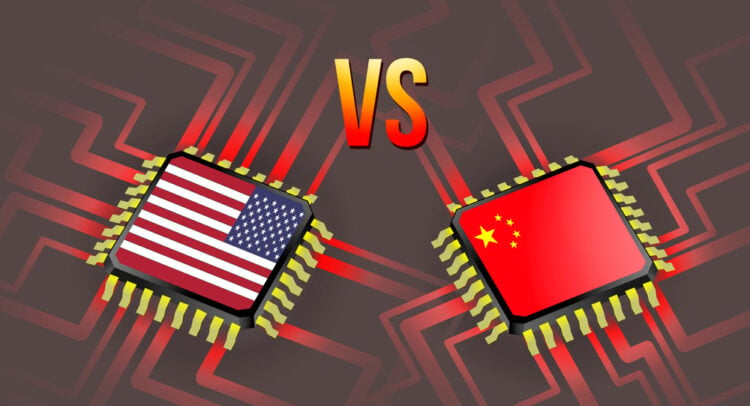China has ordered new state-backed data centers to use only local AI chips. According to Reuters, the rule affects any project that gets government money. Moreover, centers that are less than 30% complete must remove or cancel plans to buy foreign chips. Those that are further along will be reviewed one by one.
Elevate Your Investing Strategy:
- Take advantage of TipRanks Premium at 50% off! Unlock powerful investing tools, advanced data, and expert analyst insights to help you invest with confidence.
This new step marks a bigger move by Beijing to replace foreign technology in its core systems. Since 2021, China has poured over $100 billion into AI data centers. Now, most of those projects will need to shift from U.S. chip suppliers to Chinese ones.
U.S. Chipmakers Face Setback
The change will likely hit Nvidia (NVDA) the most. Its AI chips once made up 95% of China’s market, but that share has now dropped to zero. The rule also covers Nvidia’s H20 chip, its top model, which is still allowed for sale in China, as well as other high-end versions. Advanced Micro Devices (AMD) and Intel (INTC) are also affected, as they sell many chips used in large Chinese data systems.
Some data center projects have already stopped before construction began. One in a northwestern province planned to use Nvidia chips, but the project is now on hold. These delays show how the rule could slow projects that depend on U.S. parts.
At the same time, the rule gives local chipmakers a chance to grow. Huawei Technologies is the biggest name in the group, but smaller firms like Cambricon Technologies, MetaX, Moore Threads, and Enflame are also set to gain. Their chips still trail U.S. products in power and software tools, yet state demand could help them close the gap.
A Shift in Global AI Trade
It’s worth recalling that the U.S. has limited advanced chip exports to China over security concerns. China has replied by moving faster to build its own tech base. The two sides are now investing heavily to expand AI infrastructure, each trying to stay ahead.
For U.S. chipmakers, the ban means less access to one of their biggest markets. For China, it could mean slower progress in AI speed but more control over its supply chain. Both sides are likely to keep spending as they race to grow their AI power.
Using TipRanks’ Comparison Tool, we’ve lined up the three U.S. chipmakers mentioned in this report -Nvidia (NVDA), Advanced Micro Devices (AMD), and Intel (INTC) – all of which could face further losses following China’s new policy.

















